

Discover more from Jeffrey Rickman’s Substack
With the formation of the Global Methodist Church, a reclaiming of the Methodist heritage is in order. Many voices are submitting ideas with respect to the particulars of Methodist identity. I have my own thoughts, which will be spelled out in a series of articles. This is the fourth of at least twelve. You might read my introduction to this series first in order to know how I have thought through this project and why I care about it.
Methodists Care for the Poor. No Question.
Deep down in Methodism’s bones is a concern for the plight of the less fortunate. Going back to the beginnings of the movement, in the days of those idealistic Oxford men in the “holy club,” John Wesley was known to regularly facilitate ministry to those in jail or otherwise in poverty. It was recalled that on a cold winter’s night, the man was known to go around collecting blankets and distributing them to the local poor, his feet wet and freezing having stepped in frozen puddles along the way.
John Wesley was far from the only Methodist who spent his days and nights caring for the less fortunate. His character informed the ethos of early Methodism more than any other, however, because of the ways in which he poured himself out for Christ in the Methodist revival movement. His care for the poor was mirrored by thousands of British Methodists, and then Americans, who cared for the widows and orphans in their distress (James 1:27). In time, Methodists were known to start hospitals and nonprofits for the poor.
This way of life was, of course, not just from John Wesley. It directly proceeds from the Christian scriptures and the first generations of those who showed us how to abide by God’s Word. In particular, the Book of James makes it quite clear the relationship good works have to the Christian faith:
“What doth it profit, my brethren, though a man say he hath faith, and have not works? can faith save him? If a brother or sister be naked, and destitute of daily food, And one of you say unto them, Depart in peace, be ye warmed and filled; notwithstanding ye give them not those things which are needful to the body; what doth it profit? Even so faith, if it hath not works, is dead, being alone. Yea, a man may say, Thou hast faith, and I have works: shew me thy faith without thy works, and I will shew thee my faith by my works. Thou believest that there is one God; thou doest well: the devils also believe, and tremble.
- James 2:14-19
Or what about Jesus’ own words?:
“Ye are the light of the world. A city that is set on an hill cannot be hid. Neither do men light a candle, and put it under a bushel, but on a candlestick; and it giveth light unto all that are in the house. Let your light so shine before men, that they may see your good works, and glorify your Father which is in heaven.”
- Matthew 5:14-16“Jesus said unto him, If thou wilt be perfect, go and sell that thou hast, and give to the poor, and thou shalt have treasure in heaven: and come and follow me.”
- Matthew 19:21
Jesus spoke about the poor, the sorrowful, money, and charity with great frequency. The sample quotes above are just that: a small sampling of a much larger body of work just from Jesus. The whole of the biblical witness (and there is a lot more said about care of the poor) is quite clear: A Christian faith that does not move an individual to improve the lives of the poor is worth NOTHING.
As established in the first article in this series, to be a Methodist is to reclaim the purity of the early church. Care of the poor is a nonnegotiable feature of a biblical faith. It is a nonnegotiable part of the ethos of Methodism. Any Methodist who does not care about the poor, who has no ‘bowels of mercy’ for those who suffer, is anathema to the tradition. Any who would want to make the faith of Jesus Christ only an inner matter, not evidenced with good works, is not only un-Methodist, but also, frankly, not a Christian. But why? Here is an explanation from John Wesley, Point 9 in his sermon, God’s Love to Fallen Man:
Yet again: as God’s permission of Adam’s fall gave all his posterity a thousand opportunities of suffering, and thereby of exercising all those passive graces which increase both their holiness and happiness; so it gives them opportunities of doing good in numberless instances, of exercising themselves in various good works which otherwise could have had no being. And what exertions of benevolence, of compassion, of godlike mercy, had then been totally prevented! Who could then have said to the Lover of men,
Thy mind throughout my life be shown,
While listening to the wretch’s cry,
The widow’s or the orphan’s groan,
On mercy’s wings I swiftly fly,
The poor and needy to relieve;
Myself, my all, for them to give?It is the just observation of a benevolent man,
All worldly joys go less,
Than that one joy of doing kindnesses.Surely ‘in keeping’ this commandment, if no other, ‘there is great reward’. ‘As we have time, let us do good unto all men;’ good of every kind, and in every degree. Accordingly the more good we do (other circumstances being equal) the happier we shall be. The more we deal our bread to the hungry, and cover the naked with garments, the more we relieve the stranger, and visit them that are sick or in prison; the more kind offices we do to those that groan under the various evils of human life; the more comfort we receive even in the present world; the greater recompense we have in our own bosom.
We Don’t Do It the Way the World Does It, Though.
Modern care of the poor in the church is largely associated with the Social Justice movement and Liberation Theology. These strands of social activism have roots in Marxism. James Lindsay has done a lot of great work to expose this. It gained monopoly control of the field by marrying the truth (Christians are expected by God to care for the poor) to lies (the rich are more evil than others, capitalism preys on the poor, history is best understood as competing groups against one another, poverty is primarily a material condition, change only comes from top-down policy changes in government, etc.). Because leadership lacked discernment and worshiped unity at all costs, the original models for engagement with the poor were largely displaced by policy pronouncements, social activism, political engagement, and massive institutional buildup.
The United Methodist Church was largely overrun by those who used the biblical language aimed at care of the poor to serve as a wedge to open the denomination to neoMarxism and social justice warrior activism. The General Board of Church and Society operates out of a building right next to the US Capitol Building out of its clear desire to influence federal government policy. Every General Conference (and annual conference session) is marked by a host of virtue signaling resolutions aimed at a world that the UMC understands in need of better policies at the top.
Friends, ever since The Great Society was declared by President Johnson, our culture has been an experiment in the ability of government to lift the poor out of poverty. What we have seen is more than sixty years of stagnation and stasis in many communities that had been previously improving in health and wealth. Indeed, there has even been regression in these areas, depending on how it is measured. The nature of humans is such that they cannot be changed for the better by the government. Rather, true and lasting social change can only come through Christ and his church. That was what was seen in early Methodism. We must see it again today.
Early Methodists were not known for engaging worldly leaders for new laws or starting large public demonstrations aimed at changing policy. Rather, they did this amazingly novel thing: They actually got to know the local poor and integrated them into the culture and work of the church. They went to their homes, their workplaces, their haunts to tell them good news and welcome them to walk alongside them in newness of life. When the poor came, they didn’t send them to the local parish priest or pastor to write them a check and pray with them. Rather, they welcomed the poor to their dinner tables and church feasts, they brought them into their class meetings and ministered to them personally over prolonged periods of time. Yes, money and resources were shared, but they came with lasting interpersonal relationships aimed not just at material wellbeing, but primarily at spiritual salvation.
Because of the prolonged grassroots interpersonal engagement with the poor seen in Great Britain and America, a whole generation of the poor were so effectively lifted out of poverty that, at the end of his life, John Wesley warned from the pulpit frequently of the threat of all this new wealth created. Methodism is given credit by social theorists for lifting the poor out of the depraved conditions of the Industrial Revolution.
Grassroots interpersonal engagement is the only way to change the lives of the poor. Those who follow the work of the Chalmers Center, synthesized in their book, “When Helping Hurts,” know how right I am. The church does not properly care for the poor by creating good laws, electing the right leaders, or coercively redistributing money; the church properly cares for the poor by directly ministering to them, face to face, eye to eye.
In his Alienated America: Why Some Places Thrive While Others Collapse, Timothy P. Carney makes the case effectively that the time of the greatest wealth equality in America was also marked by the most overlap of rich and poor in local churches. While it is a secondary mission against the mission of telling the good news and making disciples, the local church is the primary and best place to facilitate the rich and the poor rubbing shoulders, building relationships, and ministering to one another. The fact that the poor are largely abandoning the church is a very concerning reality. They need the church more than anyone, yet the refuse it. I blame this on the rise of the welfare state and the notion that one can get something for nothing. Western societies are demoralizing and killing the poor.
I quite honestly believe that caring for the poor is harder in western societies than it has ever been. Even so, the commission of scripture doesn’t disappear when things reach a certain level of difficulty. The mission of the church to give good news to the poor and make disciples of all nations is indeed complicated, but we also have greater tools at our disposal than we have ever had before. Programs like Bridges Out of Poverty and the Chalmers Center are what is needed for this present moment. Local churches need to learn from these ministries, otherwise they will either enable (and disable) the poor, or they will become desensitized to the plight of the poor. I believe both of these extremes are damnable.
Caring for the poor is so difficult that it has deeply wounded my churches as they have attempted to help many a young poor family. I know my churches aren’t exceptional in this regard. Methodists, in particular, are called to step up to the challenge of this present moment, again freeing people from financial slavery and depravity. Reclaiming the Methodist heritage means again normalizing a culture of lifting up the poor and equipping them for productive, healthy lives.
Pivot to Holiness
Even so, as said above, the primary mission of the church is not ministry to the poor. Care for the poor is an outgrowth of the main thing: Spreading scriptural holiness across the land. This was the explicit mission of the Methodist Revival. Biblical holiness is the bread and butter of Methodism. It is at the front, center, and tail end of everything we do. If it does not advance holiness, then we should have no part of it.
In my culture today, holiness is seen as a fantasy. Darwinian anthropology has so dominated our mindset that we cannot conceive of some humans being sanctified while others are not. It is not just distasteful, but incoherent, for many when they understand that Christians preach a “new birth” in which our very nature changes. Moreover, the Methodist tradition teaches a doctrine often called ‘Christian
Perfection’ or ‘Entire Sanctification,’ which is the notion that a person can be so filled with God’s love that there is no longer any room for sin. This ideal approaches the optimism of ancient Essenes and Gnostics believing in a form of angelomorphism, believing that we can be transformed into heavenly beings prior to the resurrection.
This is the scandal of Methodism: the belief that God can and will sanctify those who answer his call. We do not preach a doctrine that leaves us in sin until Jesus takes us home. We preach the biblical doctrine of holiness, which asserts that the presence of the Holy Spirit saves from sin in every sense. We who die to self and live for Christ are no longer content for sin to dwell in our mortal bodies. Rather, we war against sin, and are victorious, by the power of the Holy Ghost!
There is no room for deterministic teachings in the realm of Methodism. Myers-Briggs, Enneagram, and other satanic frameworks are rebuked as excuses for sin. When a Methodist understands the call to holiness, then no pardon is offered for one who refuses to change what is wrong in their lives. Rather, by the means of grace, disciplines, and particular Christian conferencing, authentic Methodism eradicates sin from our lives, both individually and collectively.
There is quite literally no point in rescuing the poor from poverty if we do not offer them holiness. There is no worthy power in a cross that teaches people only to love Christ without being conformed to him. Moreover, it is wrongheaded and death-dealing to make Christ relevant for any reasons other than those dealing with holiness, righteousness, and freedom from sin. His very name in the Aramaic means ‘salvation from sin.’ Jesus said, “Seek ye first the Kingdom of God and his righteousness, and all these things shall be added unto you,” (Matt. 6:33).
That means it is wrong to draw people to Jesus by promising financial security, family happiness, a better sex life, success in one’s job, or any other worldly desire. If freedom from sin through being conformed to the image of Christ is not the call, then what is being offered is an alternative, competing gospel. Whether it be in a foreign mission context or in suburban America, if those being welcomed and ministered to are anyone but those who desire freedom from sin and becoming a holy offering to God, then what is being built is not a church.
John Wesley knew this, and he knew how rare it was for churches to be founded upon the true foundation of the gospel. That is how I explain his classic quote:
The human heart is idolatrous and deceitful. That means we are prone to give our trust and affection to things in a disordered and sinful way. We are prone to compromise the integrity of the gospel in order to satisfy worldly desires. Methodists came out of a culture, very much like ours, that had prioritized worldly desires alongside godly ones. Methodists insisted that holiness unto the Lord was the central and primary focus, without which nothing is worthy. John Wesley believed the singular focus on fleeing from sin by coming to God was so powerful that, if he just got a few people to do it, it would have historic consequences. He was right. He is still right.
Today’s Methodism needs to rediscover this radical and obtuse truth: Any reclaiming we do is only worthy insofar as it reestablishes holiness as the primary concern among Methodists. If churches continue to grow based on seeker-sensitive models, or moralistic therapeutic deism, or prosperity gospel, or anything other than the call of Christ to be born again and be saved from one’s sins, then we might call ourselves Methodist, but we are not Methodist. The bait and switch model of evangelism, drawing people with something other than holiness and then teaching them to love holiness instead, should not be taken seriously. Rather, churches and leaders who proclaim the high and holy calling of Christ, whether or not they be successful church growth gurus, should be referenced and replicated. If we are pleasing to God, he will give the growth on his terms. If we do things our own way, then there might be growth, but there won’t be salvation.
Summary
So much sin comes from disordered affections. Methodists in the 20th century grew to be quite disordered in their primary concern for ‘social justice’ prioritized over holiness. Indeed, they bastardized the well-known quote from John Wesley calling for ‘social holiness’ and acquired it to justify neoMarxist materialism in the church. Fidelity to the biblical Christ was put in second place behind the importance of works. The poor were fetishized as the central goal of the Christian faith, displacing the call to radical holiness. Rather, they made the former synonymous with the latter.
Consider Article X in the Articles of Religion:
“Although good works, which are the fruits of faith, and follow after justification, cannot put away our sins, and endure the severity of God's judgment; yet are they pleasing and acceptable to God in Christ, and spring out of a true and lively faith, insomuch that by them a lively faith may be as evidently known as a tree is discerned by its fruit.”
A modern reclamation of Methodism must insist that care of the poor is an outgrowth, not the foundation, of holiness. It bears no fruit if it is done outside of a faithful covenant connection to Christ through biblical holiness and true doctrine. Methodists, while insisting on the necessity of caring rightly for the poor, must avoid warping such care into a replacement for the gospel. If we fail in this task, then we miss the mark so badly as to renounce true Methodism altogether.
If we truly want to be Methodist, then we will reclaim holiness as the central concern of our movement. Let those who worship a particular style of worship, or ethos, or social concern go do so elsewhere. The Methodists are going to be known for an appropriate concern (seen by the world as an obsession) with holiness. We are not here to please all people. We are here to succor those who hate their sin and desire to be freed for the cause of righteousness. If we can do that, then I believe we will again see that reflection of heaven on earth as in the days of Pentecost. May we be so blessed as to see such days again!





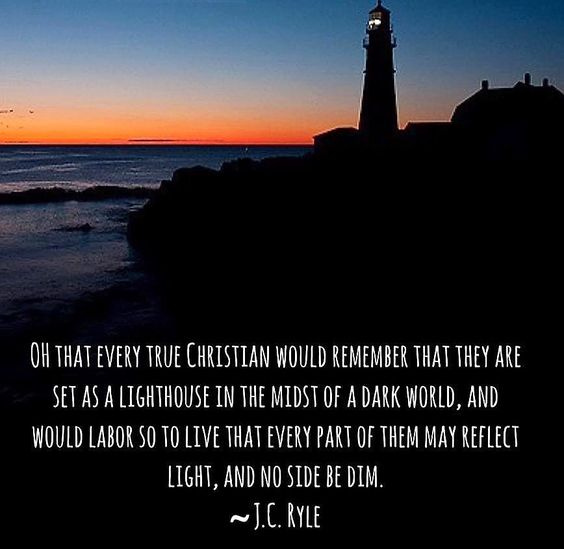
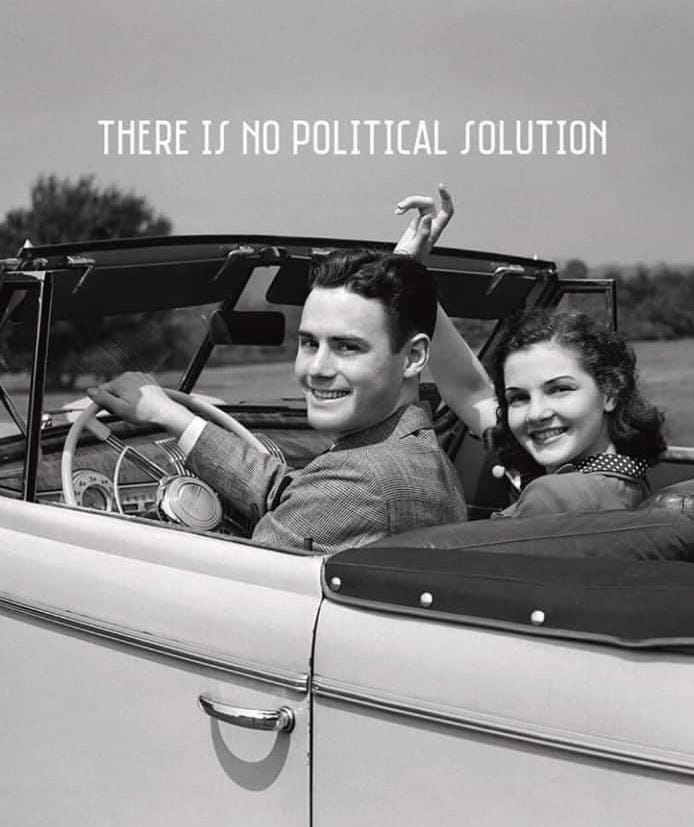

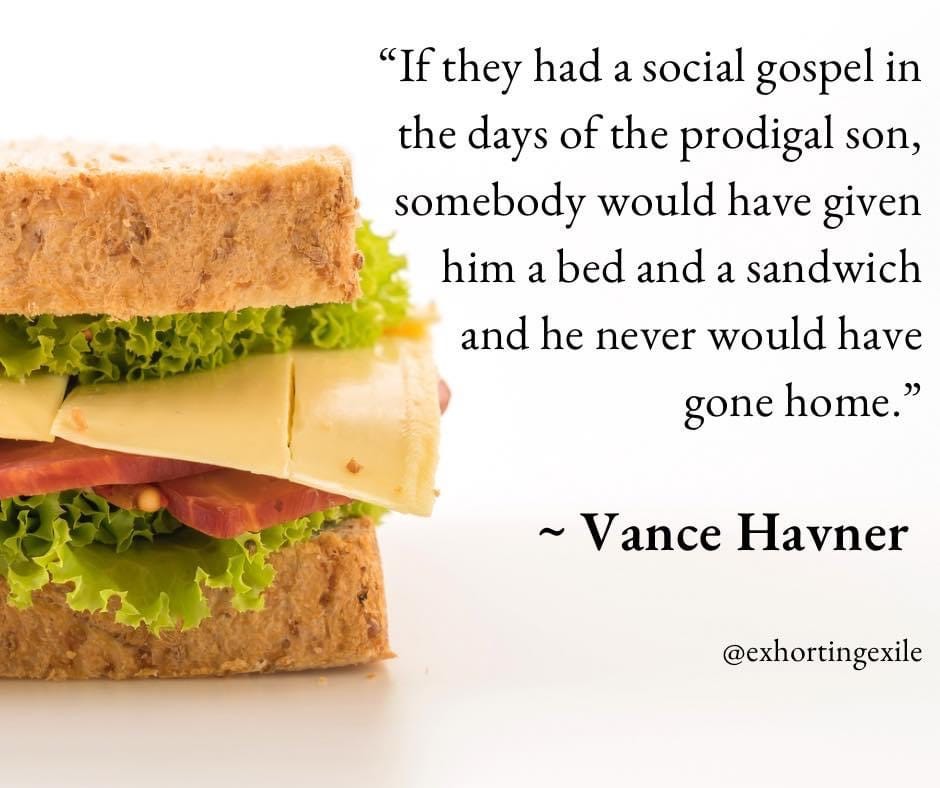
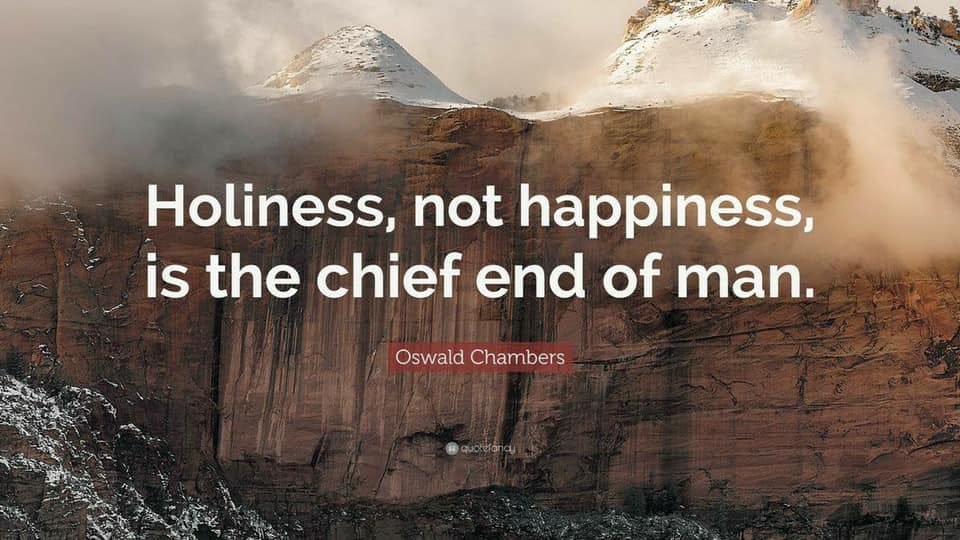
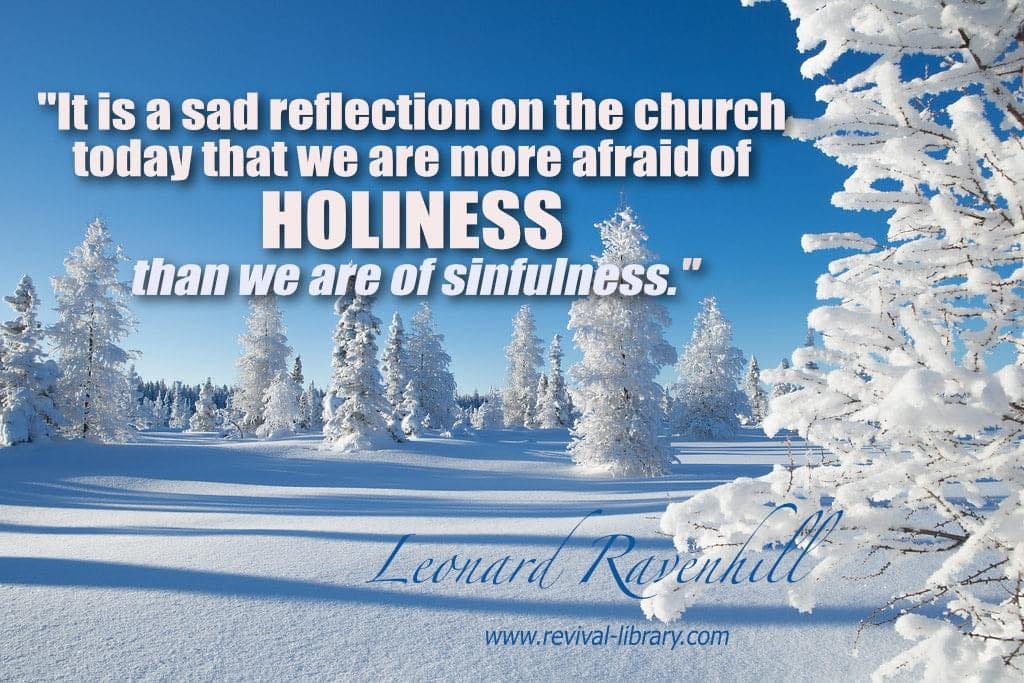
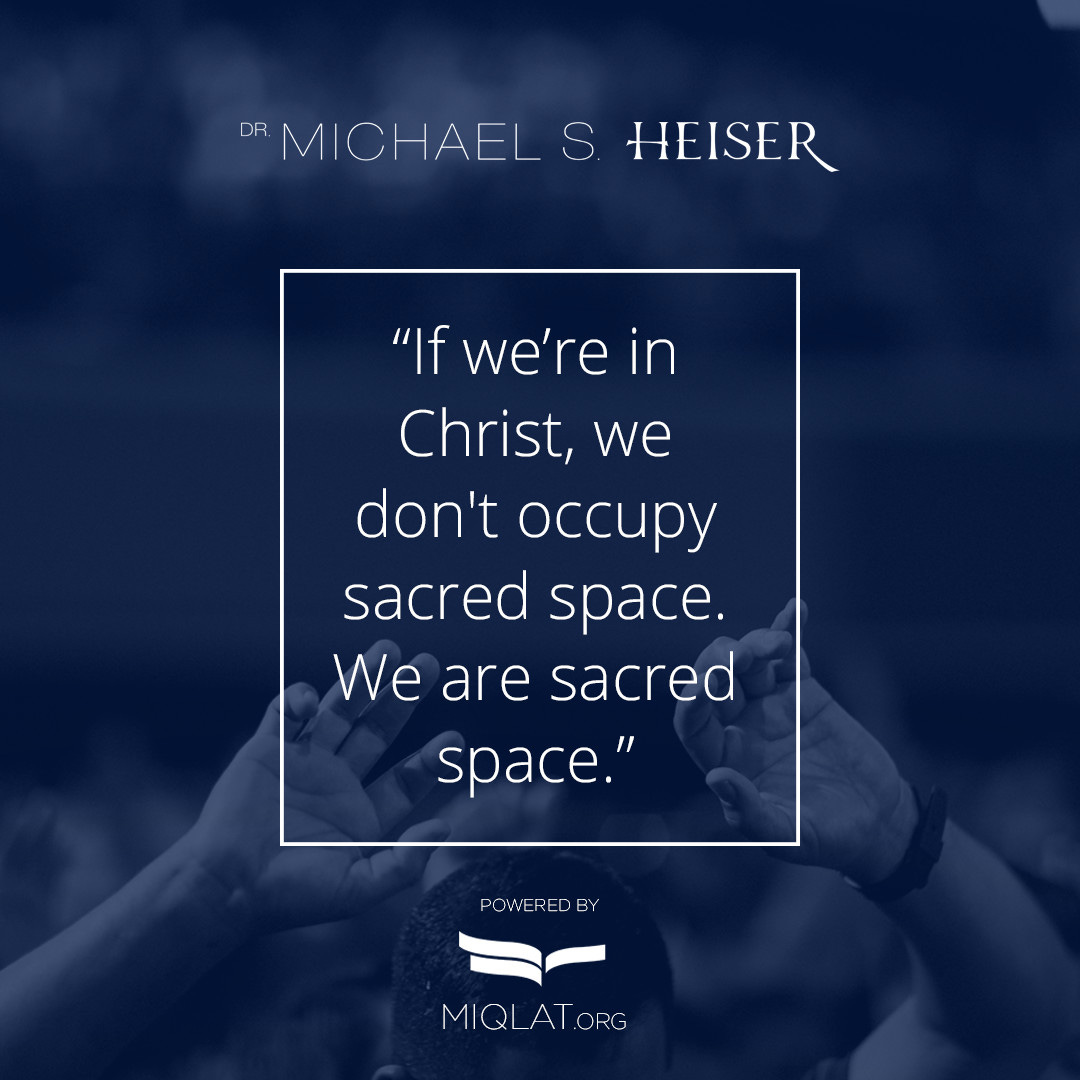
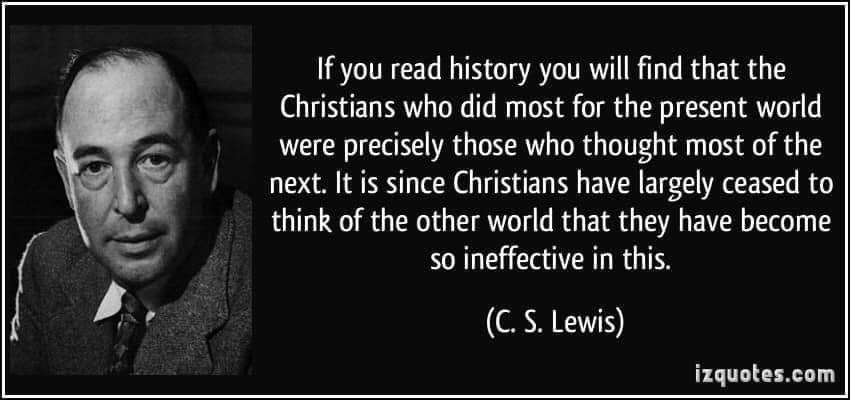
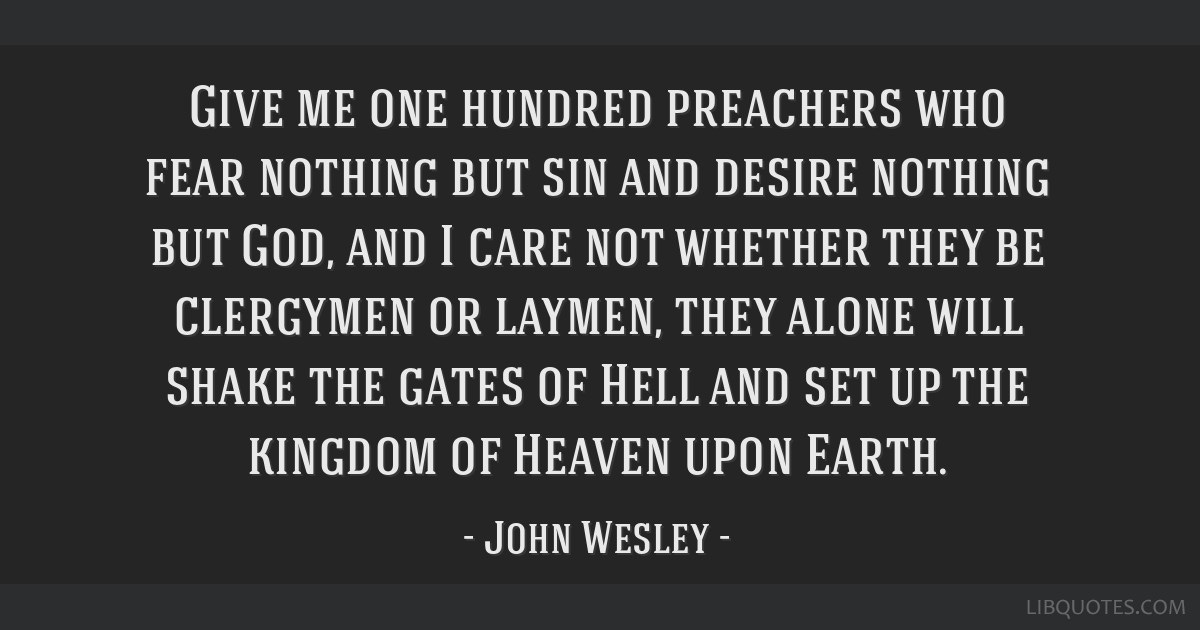
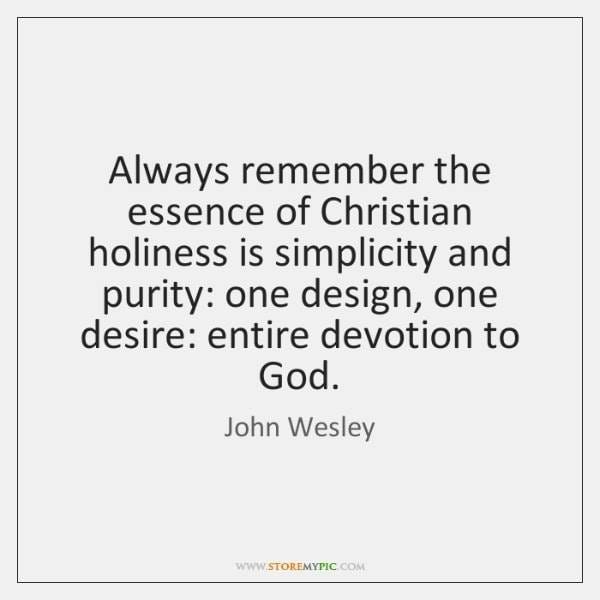
I can only speak within an American context. I was heavily involved in my local “Christianity/Church” affiliated homeless shelters/care programs and after a couple years walked away from it. We were not helping the poor, but rather enabling a subset of people’s irresponsible lifestyles. I would like to know what the definition of poor is, in relation to being in the United States. I delivered boxes of food to families in the projects that were in possession of nicer cars, televisions and cellphones than what I had at the time.
I saw “Christian” agencies being soft on drugs and alcohol. The list goes on.
Are we scripturally called to care for the poor? 100%. How to do that in the world’s most affluent country, where our poor are rich compared to the rest of the world, is a quandary.
Hi Jeffrey. I agree that as Christ followers, we should be striving to have the mind of Christ (Philippians 2:1-7). Having the mind of Christ would naturally cause us to be mindful of the plight of the poor and oppressed humanity of the world. How we respond should be determined by whether or not our response glorifies God or not. There’s a book authored by Christian professor, John C. Nugent, entitled Endangered Gospel: How fixing the World is Killing the Church. The so-called Social Gospel is exactly what this is. In this book, Nugent is making the claim the the Church wasn’t called to try to make the world a better place. Rather, the Church was called to BE the better place. In this way the consummated Kingdom of God is on display as a preview of what will be. When the poor and downtrodden, see the peace and love of Christ on display, they will be drawn to it. The book of Act’s